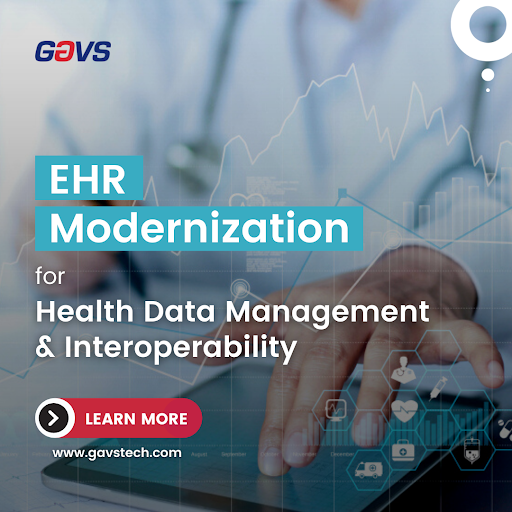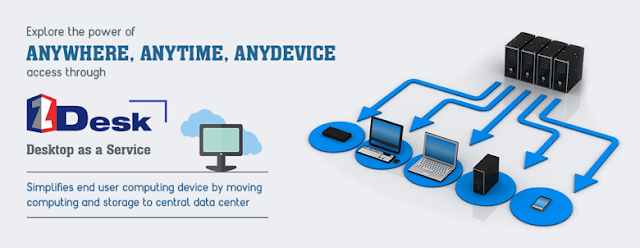EHR Modernization: Health Data Management & Interoperability
Electronic Health Records are the backbone of the healthcare industry. They are more efficient, accurate, and secure than paper records. These records are not only helpful to physicians in providing better care for their patients but also help in reducing medical errors.
Hospitals need to modernize their EHR systems because they can't afford to be left behind in this era of digitization. A new generation of health care providers is more comfortable with technology and they want future generations to grow up with technology as well.
Electronic health records can be a great tool for doctors and nurses in the medical field to have a better overview of patients. It can also help with data management, medical research, and other aspects of healthcare.
One of the most important parts of this process is that hospitals should take into account the needs of their staff. This way they can get their employees up to speed on these new systems and make sure they can use them efficiently.
We Help You:
- Deliver a seamless healthcare experience through EHR modernization
- Bring more scope for advanced research on healthcare data within privacy boundaries
- Move towards digital transformation from legacy technologies with the infusion of Cloud, AI/ML, Blockchain, and Graph technologies
- Reduce diagnosis costs and avoid expensive duplicate testing efforts
- Handle newer collaboration models like ACO
- Support next-generation payment methods like Episode of Care, Bundled Payments
- Bring more trust between payors and providers, resulting in faster & efficient revenue cycle management
Health Data Management
EHR modernization with health data management platforms is a process of converting paper records to electronic records. Healthcare providers can use their computers and software to store and manage patient health data for future reference.
For the process of converting paper records to electronic records, it is important to have the right tools and software. Many tools on the market can help with this process. These tools might include a scanner, fax machine, medical imaging system or document management system. Some of these tools might be outdated or not built with current technology in mind, but they still provide an important service for healthcare providers.
Interoperability
The interoperability of EHR modernization is the capability of systems to exchange information. This information can be in the form of data, documents, or any other content. It also refers to the ability to share data with other systems, providers or patients.
There are many benefits associated with interoperability in EHR modernization. Improved patient care and increased efficiency are just some of them.
One major issue with interoperability is that it is difficult for providers and patients to understand the benefits it offers them individually because there is no clear road map that would guide them through its complexities.
Another issue with interoperability in EHR modernizations comes from the need for a lot of coordination between different stakeholder groups and organizations which causes delays and an increase in costs.




Comments
Post a Comment